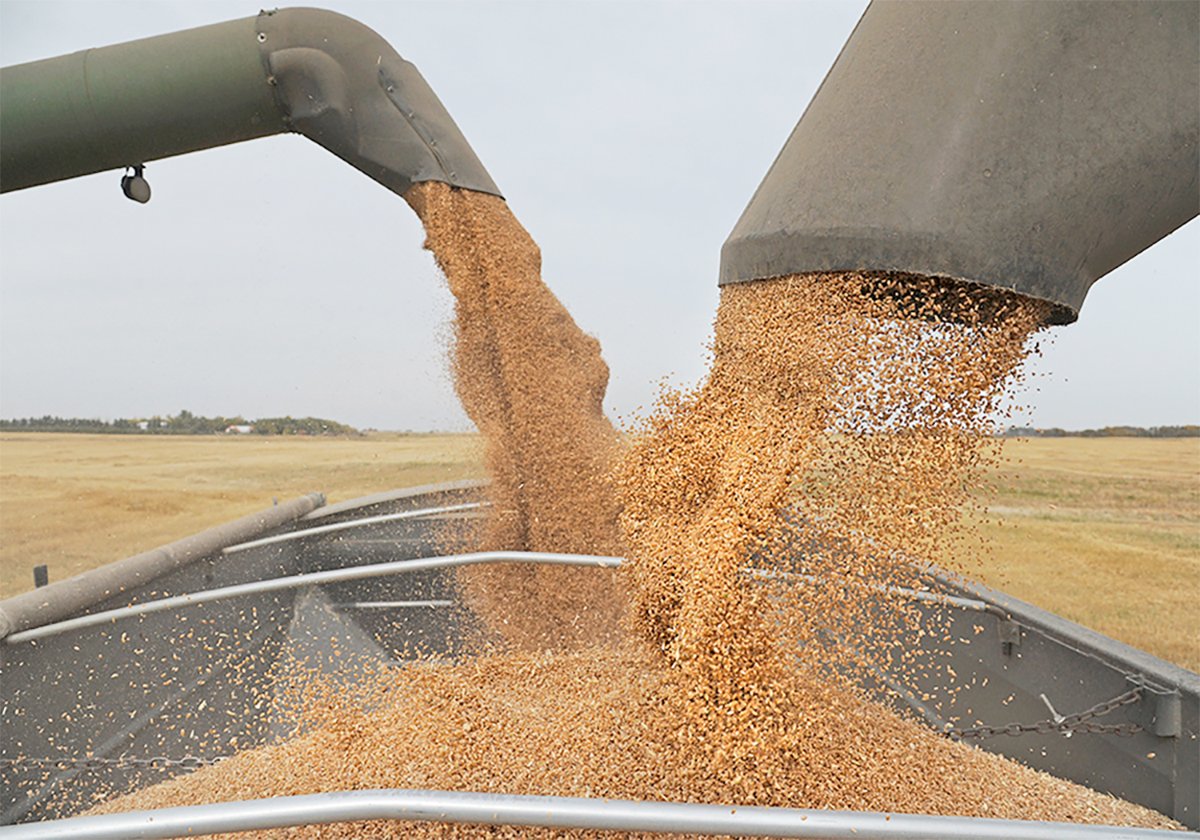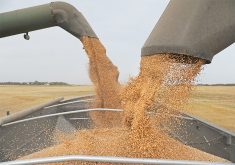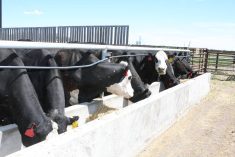THE SASKATCHEWAN and Manitoba governments are to be congratulated for recent actions to address the inequity that rural ratepayers faced in funding education through property tax.
It was a good first step and the provinces must be encouraged to further reform education funding and to consider new approaches in taxation.
The heavy burden of education funding on rural ratepayers is well documented. The case in Saskatchewan was particularly unfair.
According to the Saskatchewan Association of Rural Municipalities, between 1996 and 2003 the amount of education tax paid per farm increased by 78 percent, due to a combination of rising taxes, larger operations and fewer farmers.
Read Also

Agriculture productivity can be increased with little or no cost
There’s a way to enhance agricultural productivity with little or no cost. It doesn’t even require a bunch of legislative changes.
While paying more, farmers saw fewer direct benefits as the population of rural school children declined.
The rising taxes also bore no relationship to ability to pay, as farmers staggered under record low incomes.
Property owners wound up paying 60 percent of education costs and the province 40 percent, while in other provinces, ratepayer responsibility was less than 40 percent or in several cases, zero.
Political action is usually preferable to civil disobedience in addressing such wrongs, but the frustration that led to the recent property tax revolt in rural Saskatchewan is understandable.
Delays in provincial action on this unfairness were deplorable.
The most glaring problem now has been addressed, but work remains.
Ideally property taxes should fund services to property and local needs, such as water and sewer, roads, law enforcement and fire protection.
Education, because it benefits everyone, should be paid for by all through income tax, which is a fairer tax because it respects ability to pay.
Shifting education costs away from property taxes is the fair thing to do, but the fact remains that education costs, like those for health care, rise every year.
Prairie provinces should continue to press the federal government to fix the fiscal imbalance where Ottawa consistently posts large budget surpluses while most provinces struggle to pay for hospitals, schools and other programs, including farm assistance and rural revitalization.
But the provinces also need to reassess their spending and be open to new ideas about taxation.
Bold, innovative thinking on taxation may lead to the conclusion that the burden of traditional taxes, which sometimes discourage economic growth, could be lightened by implementing other strategies.
Taxes can’t be avoided. Indeed, they are desirable in that they pay for the supports and services necessary to Canada’s high standard of living.
But they require regular review and adjustment to maintain their fairness and effectiveness.














